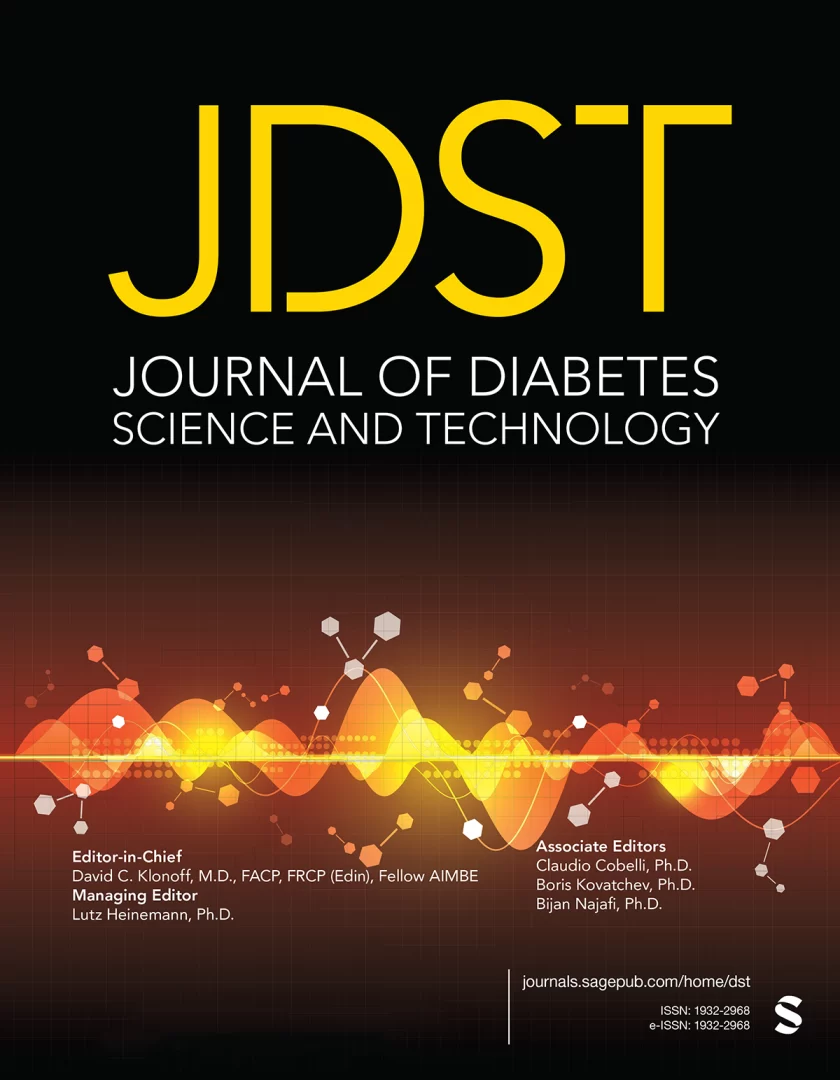Navigating Health Advice with ChatGPT: A Closer Look at Nutritional Guidance

Original Article: https://www.mdpi.com/2072-6643/16/4/469
Assessing ChatGPT’s Dietary Advice Accuracy
We are what we eat. Our daily food choices are incredibly important to maintaining good physical and mental health. Chat Generative Pretrained Transformer (ChatGPT) is gaining popularity among people seeking health information, but concerns about its accuracy in providing advice about food and nutrition have been raised. Recently, a study investigated ChatGPT’s potential in offering nutritional guidance for various medical conditions that can be aggravated by what we choose to eat. These included high blood pressure, diabetes, kidney disease, fatty liver and high levels of cholesterol and other fats in the blood. The researchers compared the dietary advice given by ChatGPT (version 3.5) with established guidelines and explored its ability to handle complex cases involving multiple diseases.
Clear Advice with Room for Improvement
The study found that ChatGPT generally provided clear advice, with appropriateness ranging from 55% for sarcopenia (where one loses muscle mass and strength) to 73% for fatty liver disease. However, there were concerns when it came to managing people who had more than one medical problem. While only two recommendations contradicted guidelines, some suggestions were considered “unsupported” or “not fully matched” to guidelines, raising limitations in handling complex health situations.
ChatGPT’s Role and Limitations
In conclusion, ChatGPT shows reasonable accuracy in offering general dietary advice for various common medical problems. However, its effectiveness diminished as the medical problems became more frequent and complex, leading to contradictory or inappropriate advice. The study emphasizes that ChatGPT cannot replace talking to a healthcare professional.

